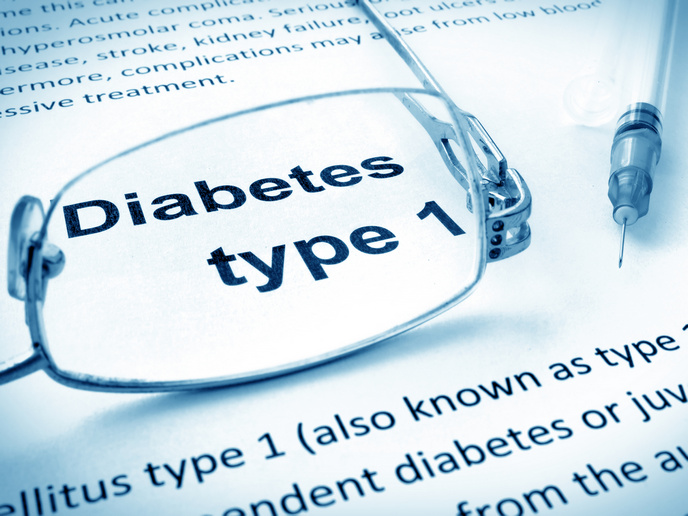Type 1 diabetes trial exceeds recruitment target
A diabetes clinical trial conducted in partnership with the INNODIA and INNODIA HARVEST projects has just concluded its patient enrolment stage. Called IMPACT (IMCY-0098 Proof of ACtion in Type 1 Diabetes), the Phase 2 trial will be testing the efficacy of IMCY-0098, a novel treatment developed by Belgium-based clinical stage biopharmaceutical company Imcyse to prevent early onset and progression of T1D.
An important milestone
A total of 110 patients were enrolled across 28 trial sites in Europe, Australia and the United States during the recruitment stage. “Reaching the enrollment target is a key milestone in our effort to advance IMCY-0098 as a disease-modifying treatment and clinical proof of concept for the Imotope™ platform,” states Imcyse CEO Denis Bedoret in a news item posted on the company’s website. Imotopes™ are Imcyse’s novel approach to the treatment of autoimmune diseases. The proinsulin-derived Imotope™ IMCY-0098 is designed to halt the progression of diabetes by stopping the body’s immune system from attacking insulin-producing beta cells. The trial will assess how effectively IMCY-0098 prevents the loss of these beta cells in newly diagnosed adult T1D patients. Patients will be randomised 1:1:1 to receive multiple doses as well as a booster of 450 μg IMCY-0098, 1 350 μg IMCY-0098 or a placebo. “We are encouraged by the strength of our IMCY-0098 data to date, including our Phase 1 EXALT study and the IMPACT biomarker interim analysis, and we look forward to reporting topline IMPACT results in the first quarter of 2024,” continues Bedoret. Imcyse’s Chief Corporate Development Officer Jean Van Rampelbergh adds: “The potential of Imotopes™ to not only slow but also halt disease progression represents an innovative therapeutic approach that could transform the T1D treatment landscape. The successful recruitment of IMPACT has been the result of a fantastic collaboration with our partners, and we would like to thank INNODIA, T1D UK, as well as all clinical trial physicians and staff, including in Australia, Lithuania and the US, for their dedication to this program.” According to Prof. Dr Chantal Mathieu of KU Leuven, Belgium, host and coordinator of both projects, T1D is linked to many other problems that affect our overall health. “There remains a critical unmet need for effective prevention strategies or causal therapies beyond insulin replacement that can improve patient quality of life,” observes Prof. Dr Mathieu, who is the IMPACT study’s principal investigator. “Imcyse’s immunotherapy approach is very promising as it targets the underlying cause of the disease by reprogramming the immune system so that it no longer attacks and destroys insulin-producing beta cells in the pancreas. I am delighted to see that recruitment in the Phase 2 trial is now complete, and I look forward to the further development of this promising candidate.” INNODIA (Translational approaches to disease modifying therapy of type 1 diabetes: an innovative approach towards understanding and arresting type 1 diabetes – Sofia ref.: 115797) and INNODIA HARVEST (Translational approaches to disease modifying therapy of type 1 diabetes - HARVESTing the fruits of INNODIA) are supported by the Innovative Medicines Initiative, a partnership between the EU and the European pharmaceutical industry. For more information, please see: INNODIA project website INNODIA HARVEST project website
Keywords
INNODIA, INNODIA HARVEST, disease, diabetes, type 1 diabetes, T1D, IMCY-0098, immune system, beta cell



